 Had a strange day Thursday (yesterday). We had a HUGE thunderstorm on Wednesday night, which cleared up at sunset (around 9:30pm, for those of you living in temperate climes). The double rainbow reflected against a maroon sky took my breath away. Pictures cannot do it justice…
Had a strange day Thursday (yesterday). We had a HUGE thunderstorm on Wednesday night, which cleared up at sunset (around 9:30pm, for those of you living in temperate climes). The double rainbow reflected against a maroon sky took my breath away. Pictures cannot do it justice…
Anyway, the power fluctuations from the storm played havoc with our local cable and internet service provider. My PC was still offline yesterday morning, and I got worried, because I was signed up to attend a Writer’s Digest webinar, “Writing Science Fiction, Fantasy, and Paranormal”. After an hour on the phone with tech support, I finally got online, and joined the webinar with only moments to spare.
The presenter, a successful agent and paranormal writer herself, shared a thoroughly-researched and documented overview of the key elements of speculative fiction world-building. As I listened, I felt very confident. Not only had I read many of the very books on SF & F writing she mentioned, but I am pretty certain that I have internalized those lessons well within my own work. Ms. Dream-agent read wonderful excerpts from some of her clients published works to illustrate her points, and the examples she read were excellent. So good, in fact, that I began to feel my ears droop a bit.
My writing is not like the examples she read. Not even close. Like apples and sushi different. As the presenter moved on to how to write a good pitch and query letter, she mentioned that one of the most important points a writer can do to spark agent interest is to tell them what makes the protagonist special, not that they’re special. My ears drooped even more when I heard this, because I tend to write about ordinary people.
By the time the webinar ended, I confess to feeling a bit discouraged. Maybe I’m writing in the wrong genre. Maybe I’m writing about the wrong people. Maybe I shouldn’t be writing at all. I mean, I don’t have a degree in English Literature. Who am I kidding, anyway?
I turned off the PC and went to the Post Office to pick up my mail. My heart fluttered a little when I saw the thick envelope with my own writing on it. This was the notification from the Pacific Northwest Writers Association, notifying me of the results of my Literary Contest entry. I’d submitted the FAIRY short story to the contest, back in April. I wrote it in 2009, and do not believe that the story is publishable, but I liked what I wrote, and one of the reasons I submitted it was because of the fact that every entry would get a written evaluation from two judges. The story is written in omnipotent first person present stream of consciousness (I know, there’s no such thing, but that’s how the story came out), and has no dialogue. I know, I know. I don’t care. I like the story anyway.
I opened the envelope immediately, and although I have no delusions about the problems with the FAIRY story, I did flinch momentarily when I read the “…We regret to inform you…” phrase in the first paragraph. Yes, well, I knew that already.
The feedback came on the form of two 10-point evaluation sheets (one from each judge), with room for comments beneath each category, and a total score/tally for the entry at the end. There was a substantial difference between the total scores from the two judges, but substantively, their evaluations of my work lined up. Both hated the mechanics and dialog of the story, which was no surprise. One didn’t like the POV, and the other didn’t like the narrative style, also expected. The surprise came from their other comments.
They both loved the plot, characterization, pacing, setting/descriptions, and were grabbed powerfully by the story. Both indicated strongly that they would read more stories from this author. I reread the evaluations again, to be sure. They got it. They liked the same things I did in that story. And that in spite of its flaws, it’s a good story. Not a finalist, not a winner, but they liked it. I told myself that the purpose of the contest and the PNWA are to encourage new writers, such as myself, but even so, their feedback refilled my trust your instincts tank. I’m a winner.
A rainbow is an astonishing thing. The thing about a double rainbow isn’t that one of the rainbows is stronger than the other; it’s that they’re both sharing the same sky. With every word I write, I’m polishing up my rainbow.

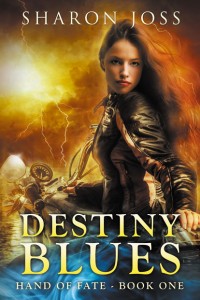
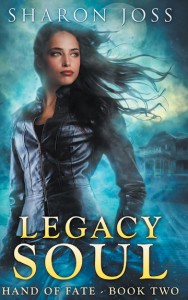
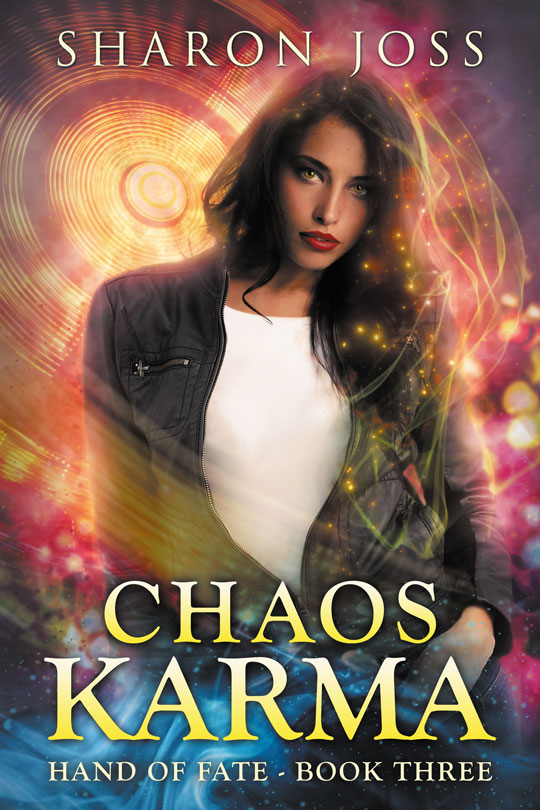
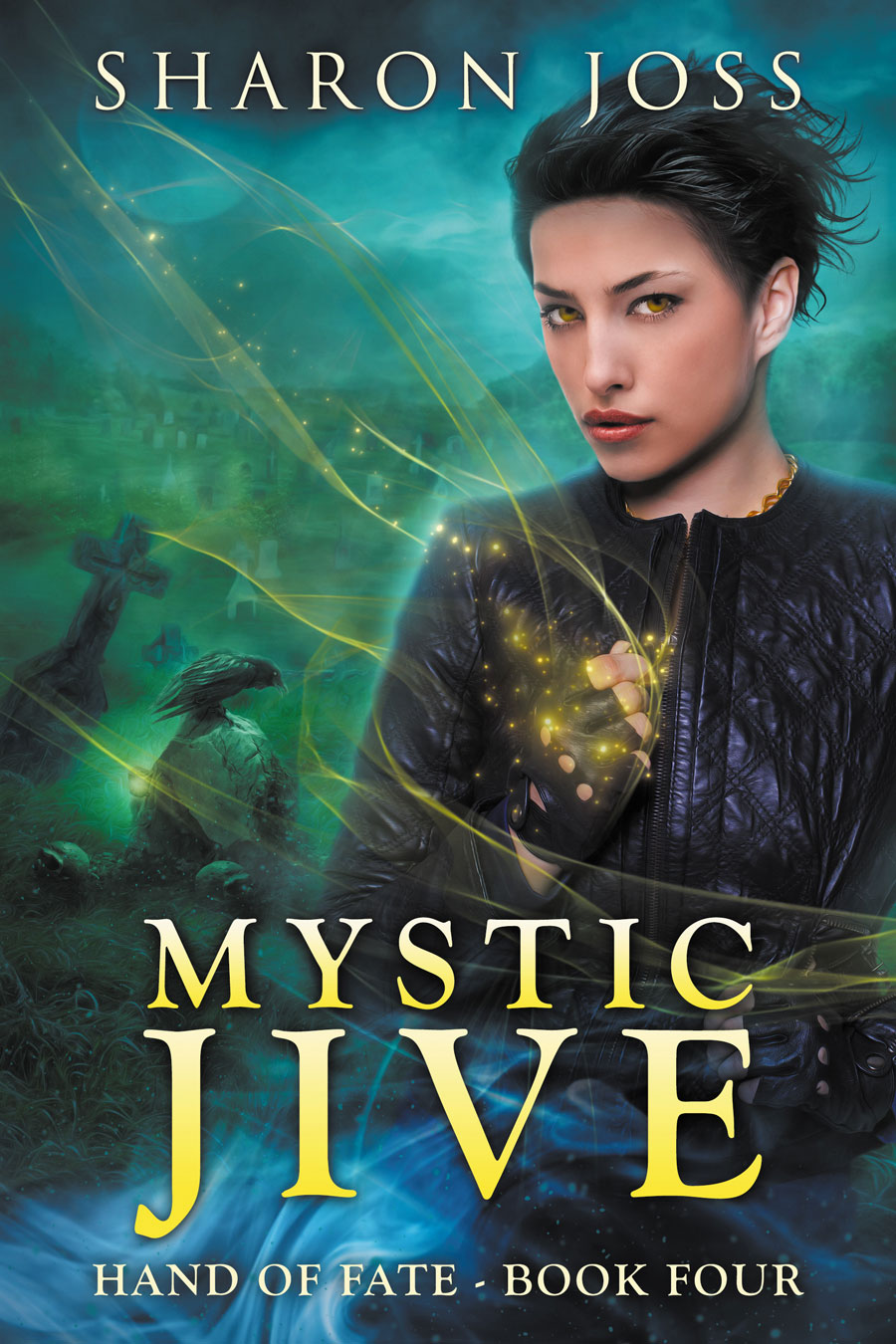
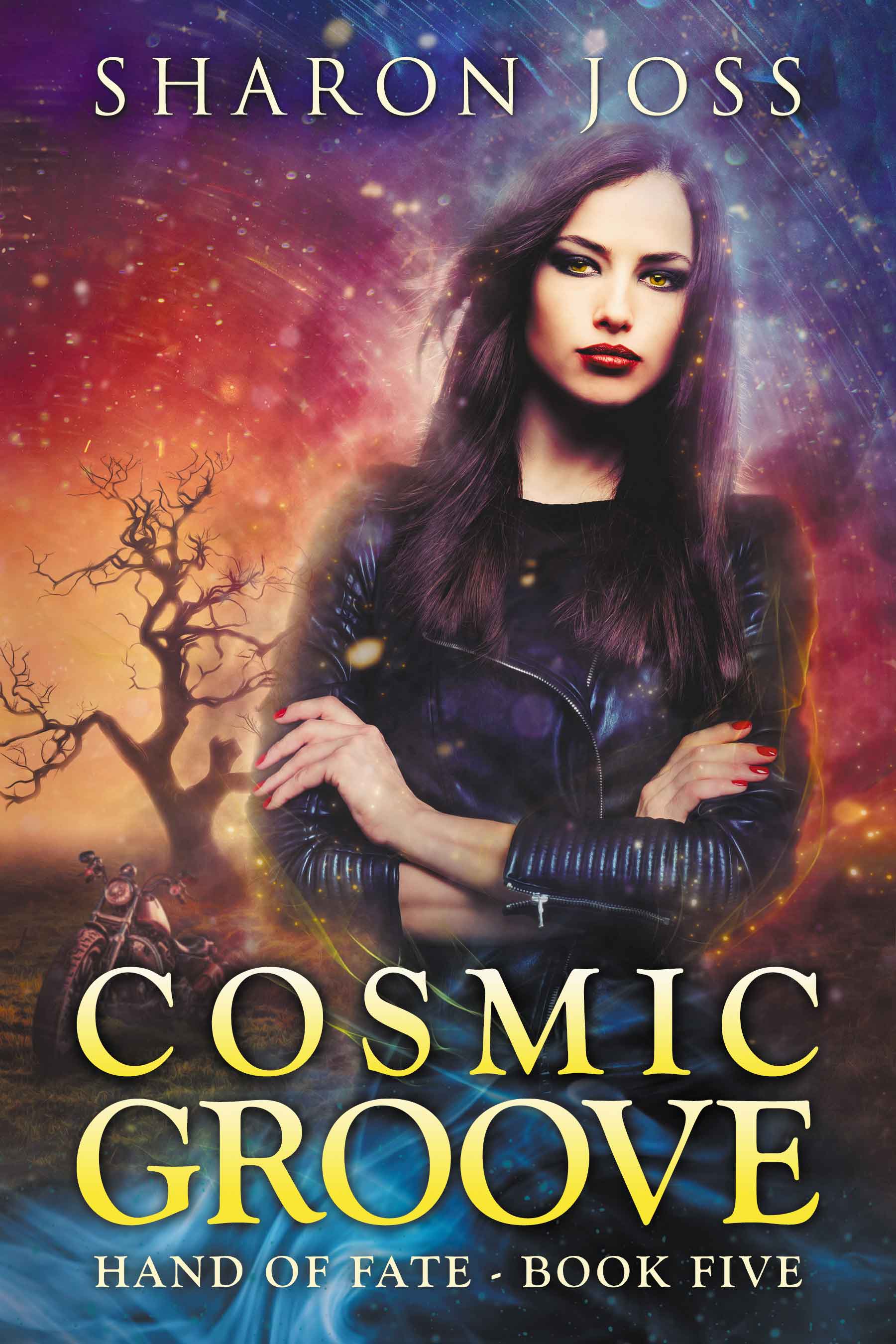
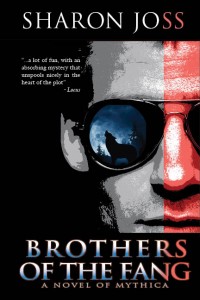
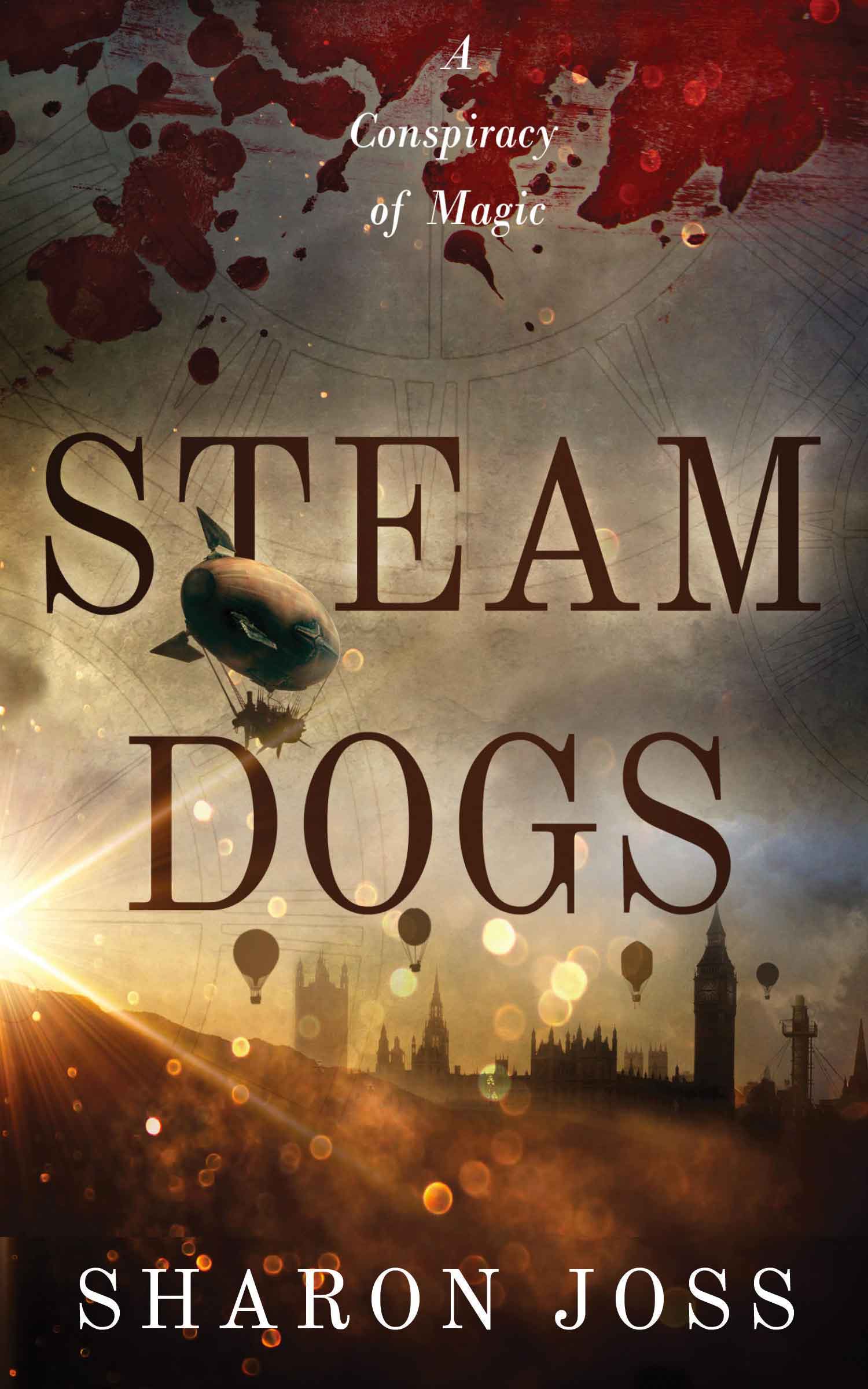
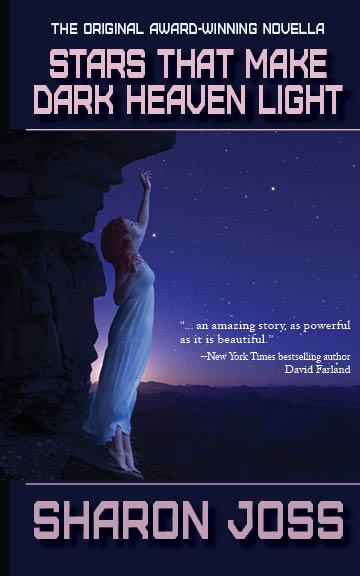
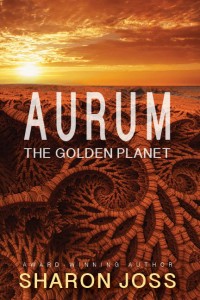
Your attitude is perfect, and I agree that you won..